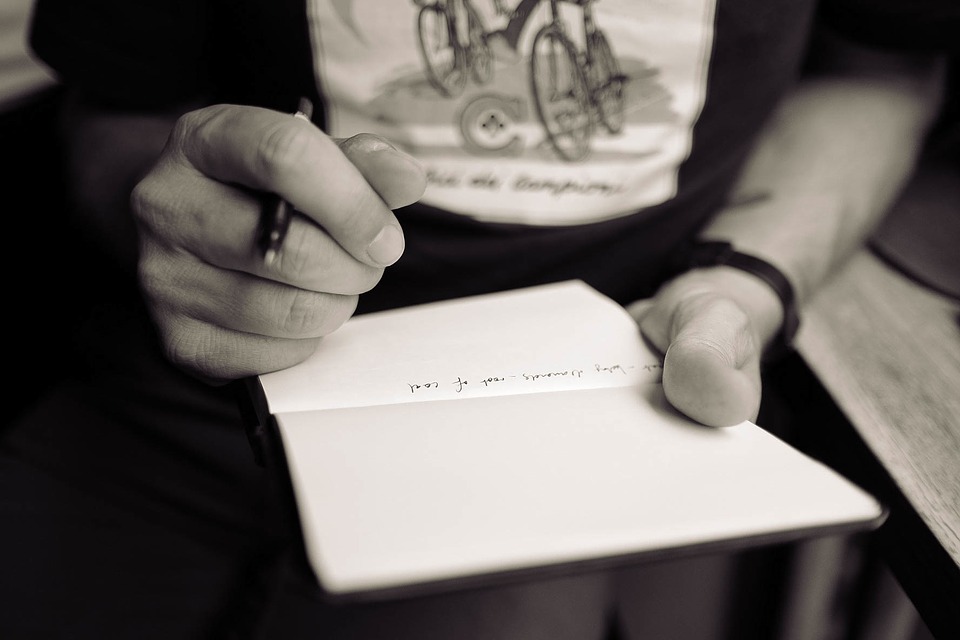
Like so many things in art, you often hear, you either “have it” or “you don’t.” As in, you cannot teach or impart the knowledge of good writing to anyone, instead, they’re either born with it, or they’re not.
A misleading thought.
First, the idea that you’re born with it (or not), takes away from the fact that good writing needs work and practice. You know, like anything ever. I’ve seen this happen before, and it has happened to me. You write something great from the first try and it doesn’t need any work. Ohmygosh, you’re a “God-given, divine talent.” When you try again, you fail, because let’s face it, how many first drafts are great? Just ask your favorite writer. Maybe one or two in your whole life, depending on the length and context of the writing, so you give up, thinking that you’ll never write anything that good again.
Pft. Hogwash. Writing is a craft that takes practice and needs a volume of work. Don’t be a one-hit wonder.
Second, if you’re born with anything at all, it’s the need to tell stories; but, like the classic coming-of-age process, each person has their own timing. Some people, like myself, discover their artistic voice later in life. Or most likely, this happens more than once in a lifetime (stay tuned, I’ll let you know for sure). Or you’re J.K. Rowling. In any case, what does it all mean in the grand scope of “good writing”?
It means it takes practice.
But what exactly are we practicing?
The tools of good writing fall under two categories.
The first are tangible tools:
- Format
- Structure
- Grammar
- Language
The second are intangible. Artist-self and creative consciousness:
- Who am I?
- What are my barriers to creating?
- How can I break them?
- What is failure and success?
These intangible tools are about inner-discovery, and they need a heck of a lot of practice. They guide you to ask yourself the tough questions about who you really are. In story, we discuss all of this fictionally, but at some point, fiction and self-reality collide and you begin to better understand yourself and the world around you.
You learn how to break down your self-inflicted barriers over and over again, to better express yourself. You practice how to let yourself go into your own thoughts and imagination, before allowing your intellectual brain to take over for the rewrites (the tangible tools will kick in here). You figure out the ‘who, what, where, when and eventually the why’ of your own process so that you can finish your story and then work on the next one. And the next.
This process of self-discovery can be practiced. There are exercises and tools and a certain amount of guidance that you will need.
You can learn the tangible tools of writing and practice them forever, but without the Artistic-self, the creative consciousness that makes for really great work that connects to us all, are you ever really the best writer you can be? Well, writing (should be) a lifelong process that will always inform who you are as a person and as an Artist.
I’m still working on my own process and my own voice and I will only stop when I die.
Maybe that’s what Don Quixote was talking about all this time.
*Edit: It has come to my attention that the last sentence of this article is unclear. I meant “Don Quixote” the character and not the writing process or the novel itself, which was actually a statement about “good writing” in itself; whether it can be simple, or has to be high-brow.
Have you met FADE IN:?
We would love to hear from you
Write here: info@fadeinbeirut.com
In my last post, 5 Essential Books on Writing, I give book recommendations on both the tangible set of tools and books that guide you in creative-consciousness.

[…] and community liaison at FADE IN: had a few things to say about Nadia’s latest article Can Writing Be Taught. Her response is […]